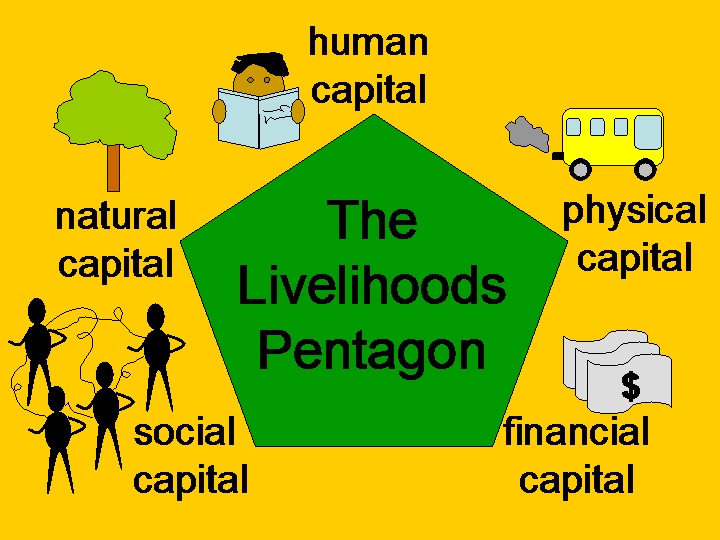Livelihoods and HIV

Livelihoods and HIV
Men’s and women’s economic empowerment through access to a livelihood is a critical part of both reducing vulnerability to HIV and mitigating its effects. Women’s access to property and inheritance rights is also a key part of their ability to cope with sickness and death of a partner with HIV, and their ability to continue to support their children.
WHO and UNAIDS (2013) include livelihoods as a key part of a multi-sectoral approach, ’16 Ideas for addressing Violence Against Women in the Context of HIV’, as shown in the green part of its wheel.
As UNAIDS (2016) states: ‘Socially, economically and politically empowered women and girls whose sexual and reproductive health and rights are fulfilled are more able to make safe and autonomous choices. This is important to prevent HIV and supports the well-being and dignity of women living with HIV.’
And as UN Women (2016) states: ‘stigma associated with HIV-positive status was a significant deterrent to reporting or pursuing property and inheritance rights violations.’
How can Stepping Stones help?
The University of British Columbia identifies a pentagon of livelihoods: human, physical, financial, natural and social capital. Stepping Stones seeks to support community members to develop their critical literacy, in order to recognise the linkages between these different forms of capital. Stepping Stones seeks especially to build human and social capital through developing gender-equitable social justice norms.
In the green segment of the WHO/UNAIDS ’16 ideas’ wheel described above, Stepping Stones contributes especially to ideas 1 (integrated economic and gender empowerment strategies) and 3 (increasing women’s ownership of property, assets and securing their inheritance rights).
Stepping Stones has been seen to support women and men to communicate effectively and positively and to agree jointly over decision-making in the following key inter-related areas:
- Allocation of household income and expenditure
- Household task-sharing
- Planning together for their children’s futures (eg girls’ education)
- Reduction in expenditure on alcohol
- Legalising sexual partnerships through formal ceremonies, thereby improving women’s legal status with regard to their children, house and effects
- Mutually pleasurable and safer sex
- Supporting men to write wills which ensure that their partners will inherit their belongings if the men die first: and their wishes have subsequently been supported by community elders once they have died.
To see one diagram which highlights several of these results, as reported by the older women’s group in the village of Buwenda, where the first Stepping Stones workshop took place in Uganda, click here. To see another diagram which highlights some of these changes, this time from the Gambia, click here.
Building on the Stepping Stones process
Once the Stepping Stones workshop has taken place, the key building blocks of communication and trust and willingness for partners to move forward together are in place, in order to enable livelihoods activities to flourish.
- In the original Stepping Stones workshop community, after the workshop was completed, a young woman called Seitun was supported by elders in the village to persuade her father to spend his income from coffee beans to send her to college. Twelve years later, she described the positive effects that this has had on her life.
- In the same community, young men described how the original workshop enabled them to realise that that they did have the possibility of a positive future and wanted to make the best of it. Redd Barna, who was already working with this community, reported a marked improvement in the response to the income-generating project which they were offering to all community members, once the Stepping Stones workshop had been completed.
- In South Africa, the Medical Research Council, Project Empower and others have developed a supplementary programme, entitled Stepping Stones and Creating Futures, to support young men and young women to develop their livelihoods skills. The programme developers explain that this programme works well as a follow-on to the initial Stepping Stones programme.